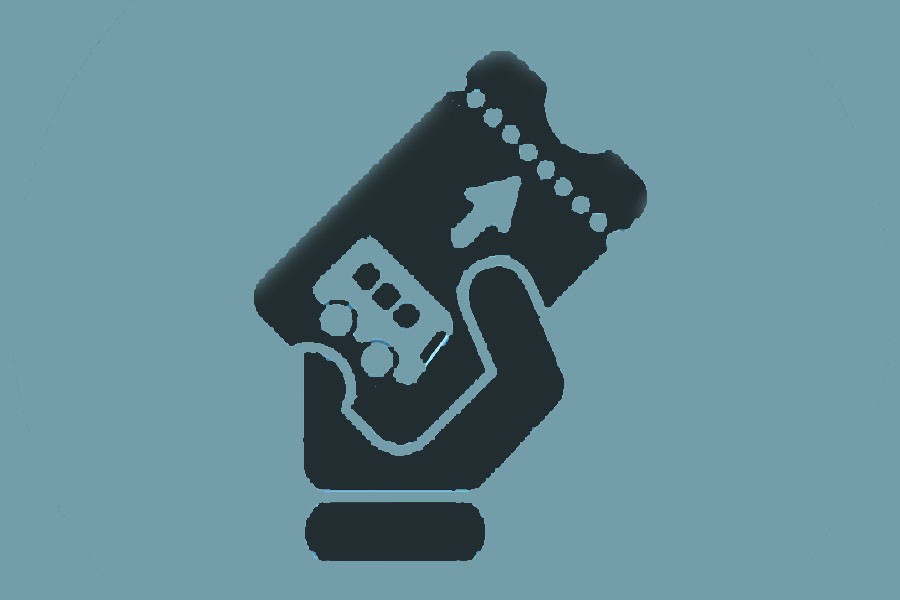The ongoing demonstrations by students demanding half fare in public buses indicate that there is a big flaw in the fare-setting mechanism. Following the hike in the price of fuels, public transport operators, bus owners to be precise, compelled the government to enhance bus fares by taking vehicles off the road for almost three days. Yielding to the pressure, the authorities refixed the intra-city bus fare by enhancing it by 26 per cent. In many cases bus operators defy the government-fixed fare and overcharge. Thus the chaos on bus fare has increased putting the regulars in serious trouble.
Against the backdrop, students of different colleges have started to come out on road demanding a 50 per cent reduction of fare for them which is popularly termed 'half-pass.' Their demonstration has intensified when a bus helper threatened a female student with rape for paying half the fare. Again, a small group of the ruling party's student organisation attacked a rally of the students in Dhaka. These things hint that students are at risk of facing more assaults while continuing the protest.
Nevertheless, the protest is a valid one and there is no doubt that students commuting by public buses deserve a reduced fare. The 'half pass is also not a new thing but an old practice. Buses operated by Bangladesh Road Transport Corporation (BRTC) only follow the practice in most cases while privately operated buses do not allow the half pass except a few. Against the growing demand for half pass, bus owners also make it clear that they will not reduce the fare for students unless the government provides them with an adequate subsidy. From the government side, there is no positive move in this direction so far.
It is important to note that fares for public buses are already overpriced mainly due to the proliferation of rent-seekers in the transport sector. The sector has already been criminalised heavily. So, be it half pass for students or reduction of overall fares, nothing is possible without curbing the rent-seeking activities. Only a strong political will coupled with strict administrative steps can contain rent-seeking and reduce criminalisation in this sector.
As this is a long way in the obtaining reality, the authorities may introduce a common student pass for public transport. This can be a set of monthly pre-paid coupons that a student has to display during his or her travel by bus along with his or her institutional identity card. A bus helper will collect the coupon and later deposit it to a certain point or bank for refunding. Or there may be a government authorised annual student travel card or smart card with a photo. By showing the card, any student will be eligible to pay half the fare on public buses. Installing a card sweep machine is another good solution in the long run which requires the replacement of all the existing public buses and minibuses by well-designed buses. A little innovative approach will help reduce the undue financial burden on students while commuting regularly.
Meantime, Jagannath University authority has made an understanding with public bus owners for collecting half the fare from the university students. Buses operating from Sadargaht area of Dhaka to other parts of the city will provide the discount upon showing the valid identity cards by students. This half fare applies only to the journey to and from the university, not other destinations. This is a pragmatic step that also shows that mutual understanding can bring some positive results. Other leading educational institutions may try to follow the example.


